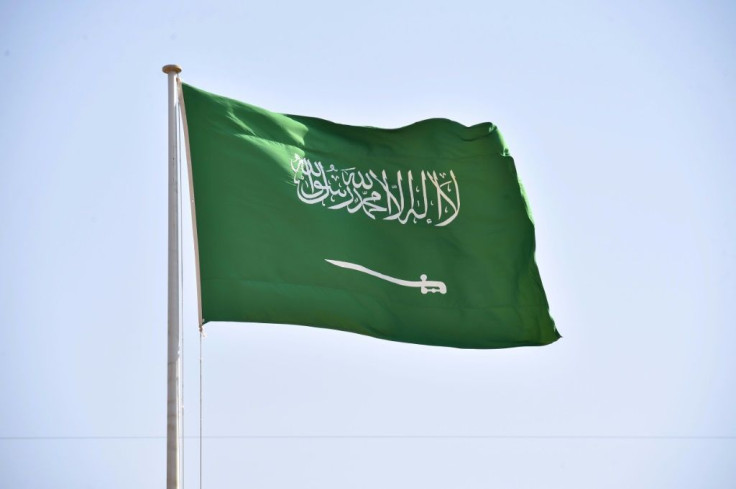Saudi Wounds French Consulate Guard In Jeddah Knife Attack
A Saudi citizen wounded a guard in a knife attack Thursday at the French consulate in the Red Sea city of Jeddah, officials said, as France faces growing anger over satirical cartoons of the Prophet Mohammed.
The assault came the same day as knifings at a church in the French city of Nice that left three people dead and several others wounded, in what authorities are treating as the latest jihadist attack to rock France.
"The assailant was apprehended by Saudi security forces immediately after the attack. The guard was taken to hospital and his life is not in danger," the French embassy said in a statement.
Police in the western province of Mecca, where Jeddah is situated, said the attacker was a Saudi, but it did not give the nationality of the guard, who they said had sustained minor injuries.
The French embassy in Riyadh urged its nationals in Saudi Arabia to exercise "extreme vigilance".
Security around the Jeddah consulate later appeared to be tightened, with Saudi police cars seen patrolling around the complex at regular intervals.
In Riyadh, an AFP correspondent saw two police cars stationed outside the embassy, located in the city's high-security Diplomatic Quarter, as Saudi policemen prevented passers-by from taking photographs.
Neither the Saudi authorities nor the French embassy gave a possible motive for the attack.
But it comes after France's President Emmanuel Macron vigorously defended the publication of cartoons of the Prophet Mohammed by the French satirical magazine Charlie Hebdo on free speech grounds.
Macron has also drawn fire from Turkish President Recep Tayyip Erdogan as well as other Muslim-majority countries.
Libya's UN-recognised Government of National Accord has "firmly condemned" his comments, demanding an apology.
The Palestinian Islamist group Hamas, Lebanon's Shiite movement Hezbollah have also spoken out against France, while protests have been staged outside several French embassies in the Middle East.
Regional heavyweight Saudi Arabia -- home to Islam's holiest sites -- has criticised the cartoons, saying it rejected "any attempt to link Islam and terrorism" but it stopped short of condemning the French leadership.

Macron's defence of Charlie Hebdo's right to publish drawings of the Prophet, which is forbidden under Islam, came after the murder on October 16 of a French school teacher who had shown cartoons to pupils during a class discussion about freedom of speech.
The history teacher, Samuel Paty, was killed by an 18-year-old Chechen man, Abdullakh Anzorov, who committed the gruesome crime outside Paty's school in a Paris suburb after the teacher was denounced by angry parents on social media.
His murder prompted Macron to promise a crackdown in Islamic extremism, including shutting down mosques and organisations accused of fomenting radicalism and violence.
Charlie Hebdo was targeted by jihadists in a 2015 massacre that killed 12 people, including some of its most famous cartoonists.
France has been on high alert for terror attacks since the massacre. The trial of suspected accomplices in that attack is under way in Paris.
On Thursday, Muslims were celebrating the anniversary of the Prophet's birthday.
The Jeddah attack puts a spotlight on Saudi Arabia, long criticised for promoting an ultra-conservative brand of Islam.
The kingdom, however, is now in the midst of a once unimaginable liberalisation drive as it pushes a new era of openness while de-emphasising religion.
As part of the contentious drive, it has introduced glitzy mixed-gender concerts, magic shows and sporting extravaganzas with thumping after parties.
Last November, a Yemeni national wounded four Spanish nationals when he went on a stabbing spree during a live theatre performance in Riyadh.
Saudi state media pinned the blame on Al-Qaeda, but so far there has been no claim of responsibility from the group and observers point at simmering resentment among arch-conservatives in the kingdom over the entertainment push.
© Copyright AFP 2024. All rights reserved.





















